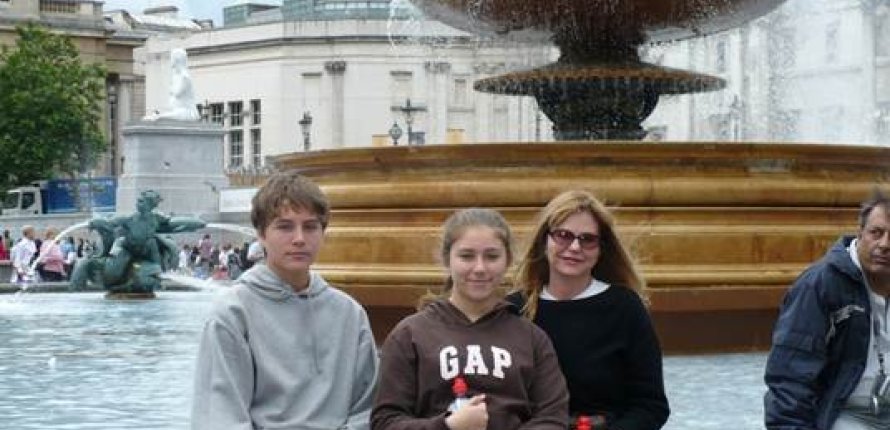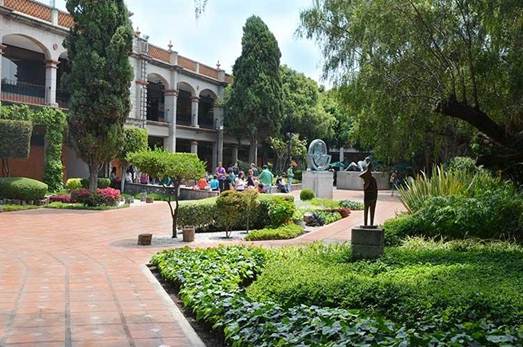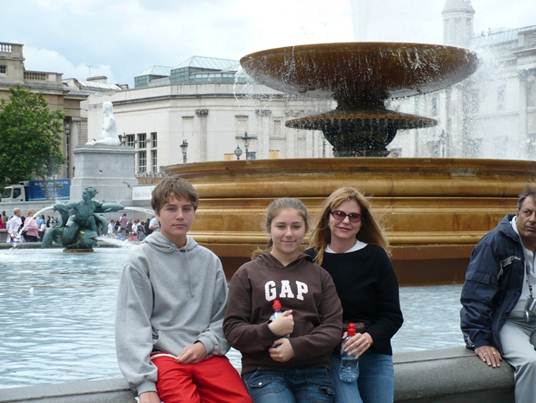Bilingual Teaching of Teachers

Eileen Ariza, Fulbright Alumni Ambassador
Professor/ESOL Coordinator at Florida Atlantic University
January-May 2009 Fulbright Scholar to Mexico
Finally, it seemed that the planets were perfectly aligned as I submitted my Fulbright U.S. Scholar Program application and applied for my sabbatical in hopes that it would be granted and I would be accepted to do a Fulbright.
 La Universidad de Las Americas in Puebla
La Universidad de Las Americas in Puebla
In thinking about my Fulbright proposal, I knew that I would be asked the question: “What can you offer to this country?” As a trainer of teachers, who were going to teach ESL students, I had given great thought to what I had to offer, and it finally occurred to me: I spent years studying Spanish, becoming a bilingual teacher, and giving teacher training workshops in several Spanish speaking countries. However, speaking Spanish and teaching Spanish are two totally different things. I vividly remember my own language struggles to become bilingual. First, I had to learn to speak Spanish, which took several years, and later, when teaching in a bilingual classroom, I realized that my students were more fluent than I was, but I had to work through this by focusing on teaching academics through the foreign language. This realization helped me form the idea for my project; I knew what I could do to help teachers in Latin America who were going to teach through English as a second/foreign language. The teachers would go through the exact language learning stages that I had—first they had to spend years learning the language (English) and then later learn about teaching through English as a foreign language, even if they had not studied teaching pedagogy. This type of language teaching and learning was my forte, and I had something to offer. Based on what I knew best, I could turn my passion into a Fulbright project proposal where I could make a significant impact on those who planned to teach academics through English.
After realizing what the most logical project would be, the proposal plan almost wrote itself as I calculated step by step what I could do. I read an overview of the needs of the stakeholders, and developed strategies that would help the teachers understand language learning pedagogy. With this knowledge, the teachers would be better prepared to address the needs of their language learners through academics, which was a strategic goal of the country.
 My family and I
My family and I
I was incredibly happy and honored to have received one of three awards to Mexico, at La Universidad de Las Americas in Puebla (UDLAP), for 2008-2009. Through my linguistics classes, I met bilingual teachers from public and private schools and universities. We worked collaboratively to build relationships with their schools and teachers, which resulted in an exchange of ideas about the language acquisition of their bilingual or trilingual students. I was invited to visit their classes in schools, and we shared considerations about best practices and methodologies for their students. I met with department chairs and directors of UDLAP to come up with new ideas to assist the university with its goals of creating more bilingual programs and student outreach. Other collaborative outcomes included: giving a workshop in assessment and evaluation for UDLAP faculty, presenting a faculty/student colloquium in writing for publication, coauthoring publications with UDLAP faculty and graduate students, sitting on a student’s thesis committee, and an invitation to be the keynote speaker for MexTesol in Monterrey, Mexico. I donated my books to my department, which brought us all together in celebration as it became part of a very limited faculty resource library. We made our own special history that will never be forgotten. Even today I still collaborate with my students and colleagues and we have about eight publications to our credit.
The Fulbright Scholar experience in Mexico was one of the greatest and most challenging times of our lives. Our personal growth and tolerance developed as we faced, yet overcame, many obstacles. And yet, we got through it all, with greater strength, and considered all of these adventures as learning opportunities. Overall, we met kind, unforgettable people, and forged international professional relationships that we still share today.
This opportunity was a gift to my family and me, and I am honored and awestruck to have been a part of the Fulbright experience. It was an extremely effective international interchange as well as exchange. I was able to share my expertise with teachers and students in Mexico, gain deeper insight into the academics, language, and daily culture of Mexico, and being refreshed, bring this knowledge back to my classroom teaching, faculty, and home institution in the United States.
